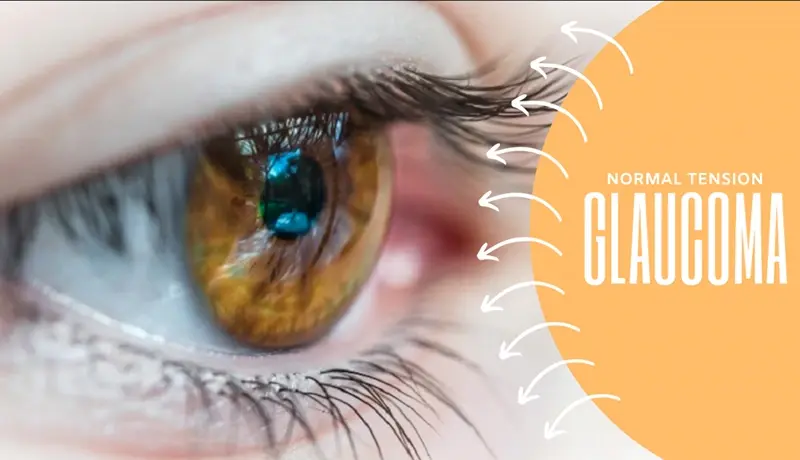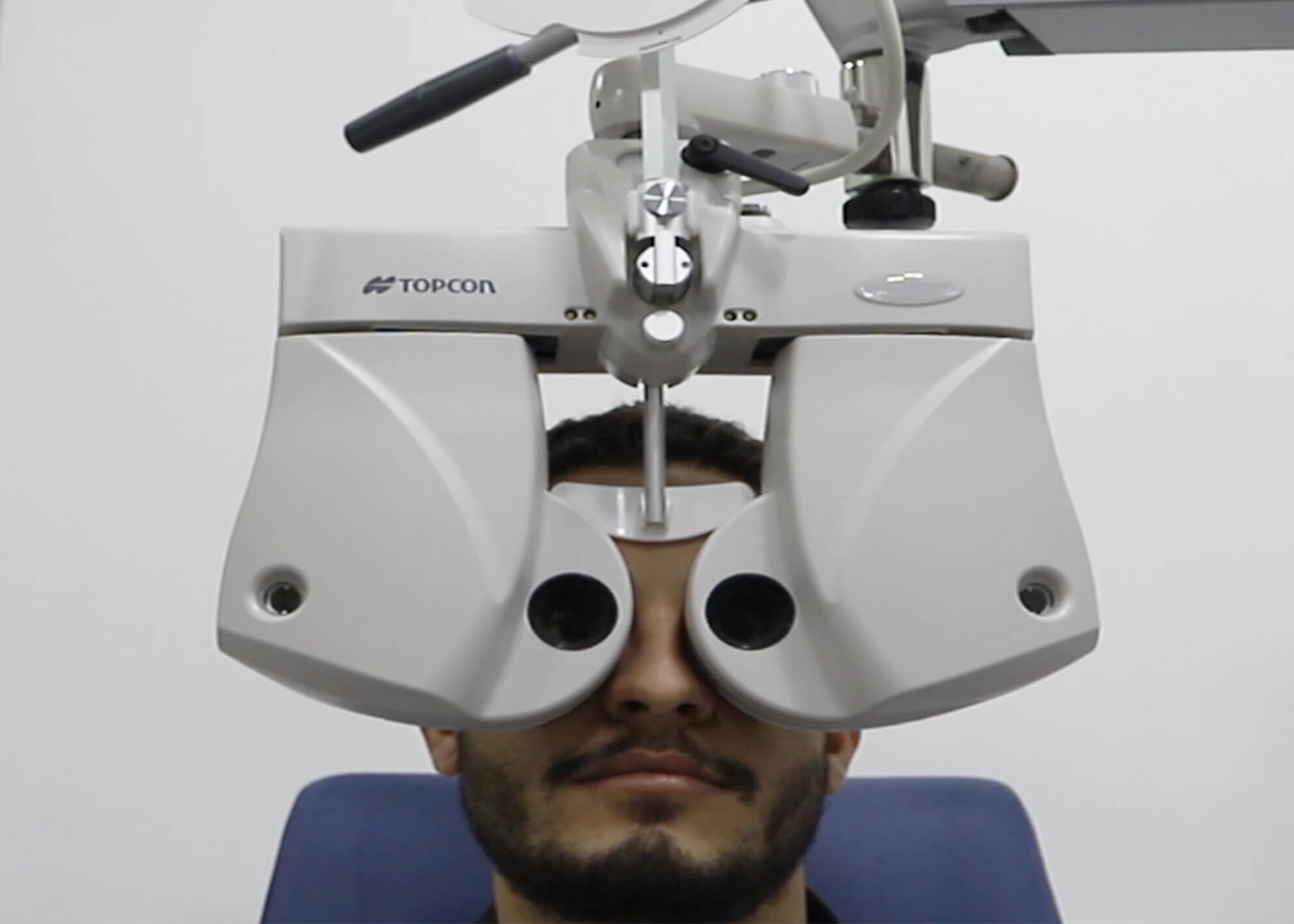Normal Tension Glaucoma (Low Pressure Glaucoma) at Eye Clinic DRHC Dubai
Overview
Normal Tension Glaucoma (NTG), also known as Low Pressure Glaucoma, is a form of open-angle glaucoma where optic nerve damage occurs despite normal intraocular pressure (IOP) levels. Unlike other types of glaucoma, where elevated eye pressure is the primary cause, NTG can occur even when IOP readings are within the typical range. This condition is a leading cause of irreversible blindness, making early detection and management crucial.
Causes and Risk Factors
The exact cause of Normal Tension Glaucoma remain unclear, but several factors may contribute to its development:
- Reduce Blood Flow to the Optic Nerve: Poor circulation may damage the optic nerve, leading to NTG.
- Genetic Predisposition: A family history of glaucoma can increase the risk.
- System Health Conditions: Conditions like hypertension, migraines, and sleep apnea have been linked to NTG.
- Age: The risk increases with age, especially after 60.
- Ethnicity: Certain ethnic groups, such as Asians and individuals of Japanese descent, have a higher prevalence of NTG.
Symptoms of Normal Tension Glaucoma
NTG often progresses slowly and without noticeable symptoms until significant vision loss has occurred. Patients may experience:
Due to the subtle nature of these symptoms, regular eye examinations are essential, especially for those at higher risk.
Diagnosis
At DRHC Dubai, our ophthalmologists use advanced diagnostic techniques to accurately detect and monitor NTG:
- Comprehensive Eye Examination: This includes a thorough evaluation of the optic nerve and retina.
- Tonometry: While NTG is characterized by normal IOP levels, regular monitoring is essential.
- Visual Field Test: This test helps identify any loss in peripheral vision, which is often an early sign of glaucoma.
- Optical Coherence Tomography (OCT): A non-invasive imaging test that provides detailed images of the optic nerve and retina, helping to detect early signs of damage.
- Pachymetry: Measures the thickness of the cornea, which can influence IOP readings.
Treatment Options
The goal of NTG treatment is to protect the optic nerve and prevent further vision loss. At DRHC Dubai, we offer a range of treatment options tailored to each patient’s needs:
- Medications: Eye drops are often prescribed to lower IOP, even if it is within the normal range, as reducing pressure can help slow the progression of the disease.
- Laser Therapy: Procedures such as Selective Laser Trabeculoplasty (SLT) may be used to improve the drainage of intraocular fluid, reducing pressure on the optic nerve.
- Surgical Intervention: In cases where medications and laser therapy are not effective, surgery may be recommended. Trabeculectomy or the implantation of drainage devices can help lower IOP and protect the optic nerve.
- Lifestyle Modifications: Patients are advised to manage systemic health conditions, such as blood pressure, and adopt a healthy lifestyle to improve overall ocular health.
Why Choose DRHC Dubai?
At DRHC Dubai, we are committed to providing comprehensive care for patients with Normal Tension Glaucoma. Our team of experienced ophthalmologists utilizes state-of-the-art technology and personalized treatment plans to ensure the best possible outcomes. We emphasize patient education and regular follow-ups to monitor the condition and adjust treatment as needed.
.png?width=281&height=59&name=bookanappointment%20(1).png)
At Dr. Rami Hamed Center, our Ophthalmology department is dedicated to safeguarding your vision health through expert eye care Professionals, Renowned as one of the best eye care clinics in Dubai our Ophthalmology Specialists provide services for Cataract and Retina treatment with Laser and Refractive surgeries.




.png?width=281&height=59&name=bookanappointment%20(1).png)






